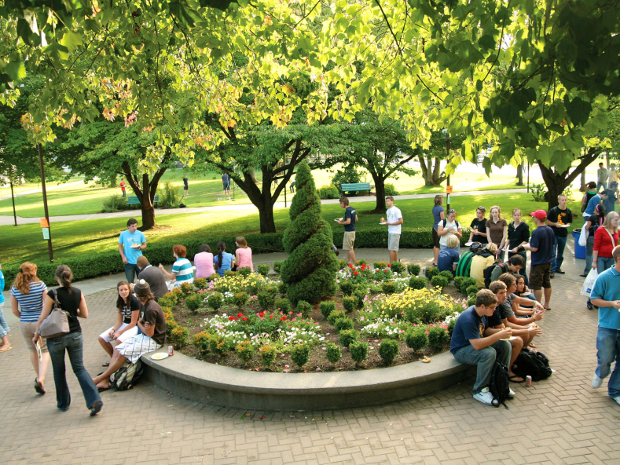Becoming a licensed lawyer in Canada
Lawyers in Canada are members are one or more of the bars of Canada’s provinces. In order to be become a member of the bar in a Canadian province, you must complete the “lawyer licensing process” in that particular province. In general, the “lawyer licensing process” includes completing a period of “articling” and passing bar exams.
Therefore, to become a lawyer in Canada one must be be allowed to complete the “lawyer licensing process”.
Graduates of law schools outside of Canada
In order to complete the “lawyer licensing process”, graduates of law schools outside of Canada are required to have a “Certificate of Equivalency” from the National Committee on Accreditation (“NCA”).
Canadians attending law school in the U.K.
In recent years it has become more and more common for Canadians to attend law school outside of Canada. A large number of these people attend law schools in the U.K. It is possible for Canadians to attend law school in the U.K. and become lawyers in Canada.
Graduates of law schools in Canada
Graduates of law schools in Canada are allowed to enter the “lawyer licensing process” on the strength of their Canadian law degree.
Applying to law school in Canada
In general your “law school application” will include:
– a transcript of your university grades
– your LSAT test score
– a law school personal statement
– law school letters of reference
About the LSAT
Those applying to Canadian law schools are (in general) required to submit an LSAT score. Those who apply to law schools outside of Canada are NOT (in general) required to submit an LSAT score.
The vast majority of applicants to Canadian law schools undertake some form of LSAT preparation. Your options for LSAT Preparation include:
or a combination of the above.



